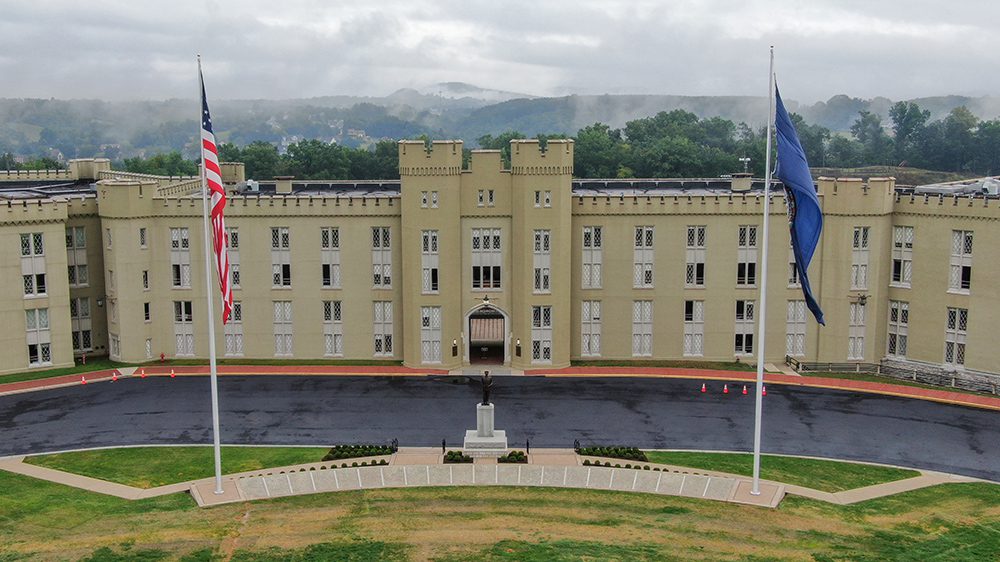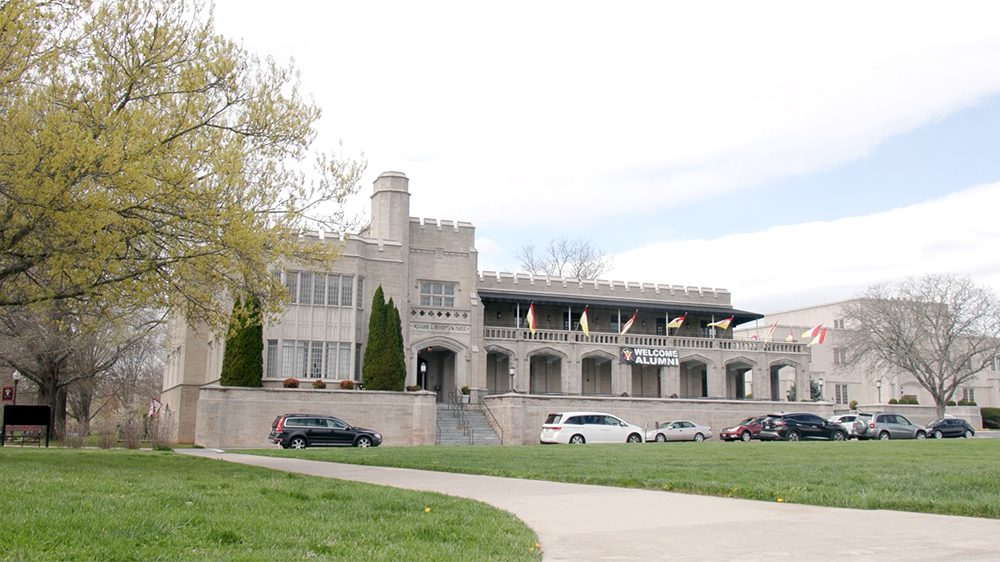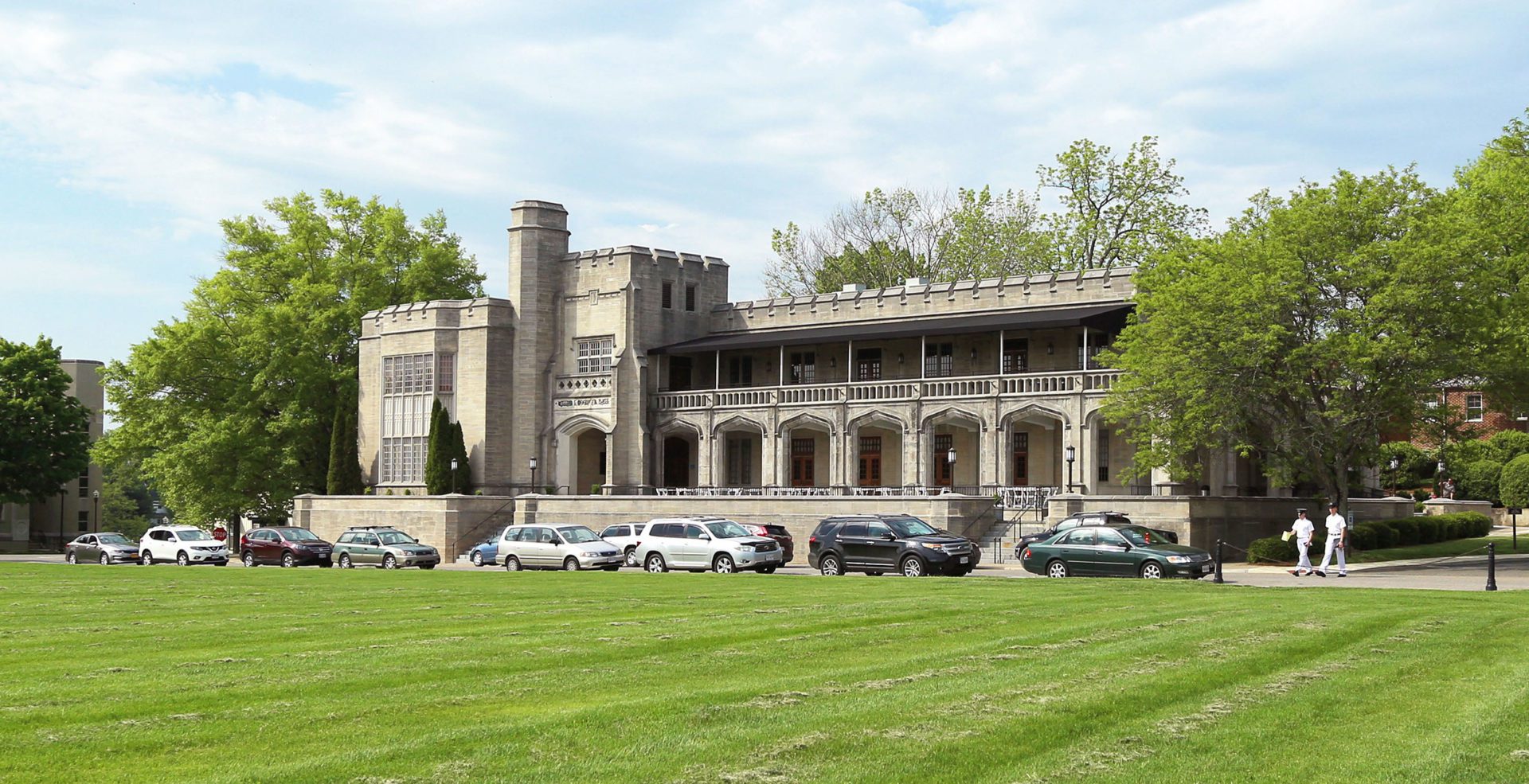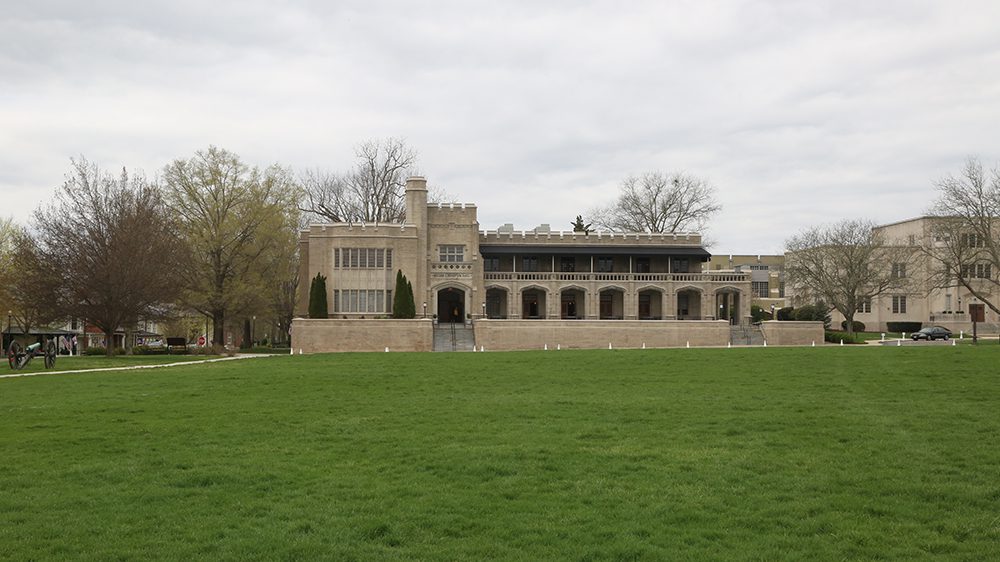Published: April 25, 2022
On multiple occasions, VMI Board of Visitors leadership and Maj. Gen. Cedric Wins ’85, superintendent, defended VMI against charges of systemic racism.
From Virginia Business Magazine, March 2022:
“VMI is a microcosm of society and is not immune to challenges of racism and sexual misconduct which occur on college campuses across the nation … Racism and sexual misconduct in any form will never be tolerated at VMI.”
“Charges of institutional racism at VMI are not supported by the facts.”
VMI Definitions Related to Inclusive Excellence
Diversity and inclusion: Diversity and inclusion efforts at VMI support mission readiness for the Corps of Cadets. They are principles that prepare our cadets for the world which they will enter after graduation. VMI’s efforts in this area closely mirror those of the Department of Defense and corporate America. Diversity and inclusion at VMI means integrating qualified cadets, faculty, and staff of all races, ethnicities, genders, religions, nationality, and socioeconomic status. It means understanding, respecting, and appreciating differences to strengthen the Corps of Cadets as a singular unit preparing for a life as a citizen-soldier.
Equity: At VMI, equity means that we ensure each qualified cadet has the tools necessary in order to potentially (and hopefully) succeed in our rigorous academic, military, and athletic environment. Equity means equal opportunity. What it does not mean is that we lower our standards or our definition of success. At VMI, equity-related initiatives have been in place for many years and are available to all cadets, regardless of background. These tools include the Miller Academic Center, the Mathematics Education and Resource Center, the Writing Center, and the Office of Disabilities Services, to name a few.
Inclusive Excellence Training
To better understand VMI’s Inclusive Excellence training, which addresses diversity and inclusion and was taken by cadets in either a single hour or two one-hour sessions over the entire 2021-22 academic year, a series of meetings occurred between the VMI Alumni Agencies and Institute leadership, including a meeting with David Prasnicki, VMI Alumni Agencies chief executive officer, and Maj. Gen. Cedric Wins ’85, VMI’s 15th superintendent. The following is a summary of those meetings:
- Maj. Gen. Wins and Lt. Col. Jamica Love, Ed.D., chief diversity officer, have and will continue to work directly with Gov. Youngkin’s administration to evaluate VMI’s programs and work toward a training model consistent with public colleges in Virginia.
- All cadet diversity training is complete for this academic year.
- The first-year training was modeled after DEI training taught at other colleges.
- 3rd, 2nd, and 1st Class cadets received 1 hour or less (normally 50 minutes) of training over the entire academic year.
- Since they were new to the demands of VMI, 4th Class cadets received 60 minutes of training in the fall and 50 minutes in the spring.
- Although attendance has been required, cadets are not required or compelled to participate. Any reports counter to this expectation were swiftly reviewed and addressed.
- Early in fall 2021 and prior to the training, Lt. Col. Love met with cadet trainers/facilitators to review and discuss the training, guidelines, and questions. Cadet leaders reviewed the final list of questions and were empowered to remove those they disagreed with. No questions related to cheating or about potential violations of the Honor Code were included in the sessions.
- In April, VMI faculty and staff participated in the diversity, equitable opportunity, and inclusion overview training developed by Gov. Youngkin’s office of Diversity, Opportunity, and Inclusion.
- VMI is focused on cadet mission readiness and looks to the Department of Defense as a model for training.
Building a More Diverse Corps of Cadets
- For decades, VMI leadership has wanted to expand the diversity of the Corps of Cadets to more closely reflect that of the Commonwealth and the nation. From 2006-14, thousands of dollars were spent on an integrated marketing plan to build recruitment inquiries, using a diverse spectrum of potential cadets.
- Maj. Gen. Wins stated on numerous occasions that he will not compromise VMI’s rigorous academic, physical, and leadership requirements for admission.
- From a VMI Board of Visitors statement dated March 15, 2022: “Diversity and inclusion at VMI does not lower standards to meet a quota. It also is not intolerance toward any particular group of cadets, faculty, or staff.”
- VMI Admissions adjusted its criteria for standardized tests at the beginning of 2020, moving to a test-optional model, reflecting a move made by 11 of 15 public colleges in the Commonwealth. This was borne out of complications with controlled testing and preparation during the COVID-19 outbreak and has now become the model for most in higher education. VMI considers admissions guidelines for tests and other criteria on an annual basis.
- Many schools were already moving away from requiring standardized testing prior to the COVID-19 pandemic, as research shows that it is a poor predictor of college success.
- The term under-represented populations has been mentioned on several platforms and is often misunderstood. URP as defined by the State Council for Higher Education for Virginia often uses the terms “under-represented and first-generation populations” together. The definition for URP by SCHEV includes traditionally under-represented populations of students as defined by the following characteristics.
- Pell: Students receiving Pell Grants at any time during the last five years
- Race: Non-white U.S. citizen and permanent residents
- Students from Virginia localities in the lowest quintile of associate and baccalaureate attainment rates
- Age: Non-traditional students: Age 25 or older at entry
• In 2018, URP enrollment in Virginia public institutions of higher education equaled 55% of the total enrollment. VMI was at 34% for URP and will continue to strive for a broad spectrum of qualified candidates interested in the VMI experience.
• As mentioned in the March 2022 Just the Facts email, discussions of “casting a wider net” were underway over a decade ago, corresponding to URP population projections for high school students entering college admissions pools. Those interested can review an article related to this subject here.




